Some indications of a wall leak in your home are apparent while others are less obvious. Peeling off paint or wallpaper that’s gurgling are indicators that there can be a leakage behind a wall. Pools or damp carpets are feasible indications of a water leak, too. A stuffy smell in an area is another idea.
Reduced Water Pressure
Typical root causes of low tide pressure consist of a buildup of sediment in pipes, malfunctioning shutoffs, and water leakages. When you have any kind of type of leak, less water is able to run through your pipelines to where you need it.
If you see an unexpected decline in your water pressure when nothing else fixtures are being made use of, it might point to a leak somewhere in the system.
Search for puddles or damp places
The most apparent sign of an issue within a wall. Pay close attention to walls and also floorings near appliances, such as dish washers and cleaning makers, and also bathroom components.
Rusty Pipeline
Older homes, specifically, are likely to have galvanized steel pipelines or drains. Galvanized steel will ultimately establish corrosion and deterioration which results in leaks.
If you discover indications of discoloration, stains, flaking, or noticeable corrosion on exposed pipelines, it signifies corrosion. Replacing rusted or corroded pipes before a total failing happens will save you time and money in the future.
Textural changes
If the wall, wallpaper, or paint shows up to have changed structure (ended up being rougher or started sagging, etc), after that there might be a leak behind that wall surface. A leak behind an upstairs wall surface will certainly additionally blemish sections of your ceiling, so search for as well as down!
Check cove joints
Although it might appear like a layout problem to have a void in your house below ground level, it usually takes a while before the stress from groundwater can require its way in. The indications of cove joint seepage are wet patches on your basement wall or floor (or, a lot of frequently, both).
Heavy rainfall and even flooding can cause water stress to accumulate in the ground bordering your house. Once it has gone into, nevertheless, it is not likely to quit, and it is, consequently, time to act.
One of the most instinctive solution to a leakage in the cove joint is merely to patch it up– to fix the leakage. The trouble is a lot larger than that. Water, also in percentages, is greatly powerful, it will certainly either discover a means to bypass your patching or break through it.
Make use of a wetness meter
This cool gizmo is developed to find dampness within walls. You can find one at most equipment stores.


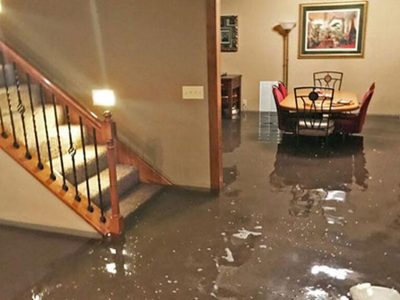
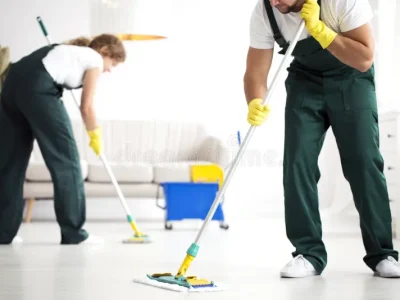
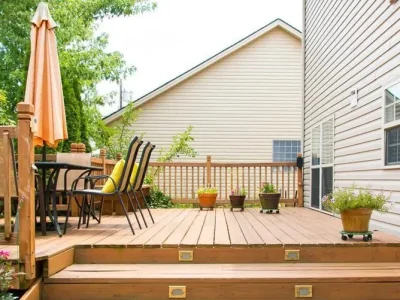
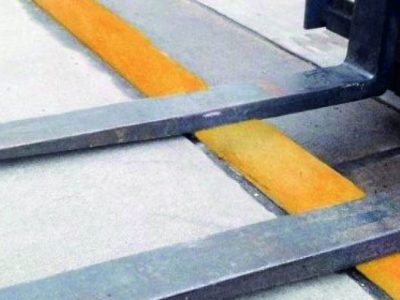
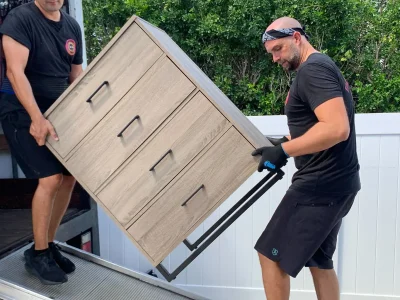

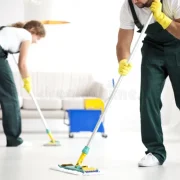

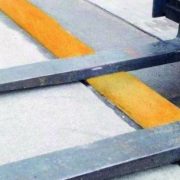
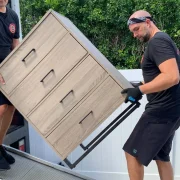
Comments